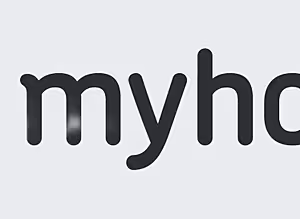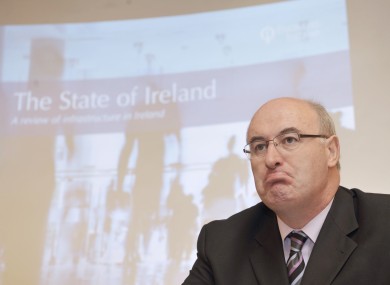
The controversial household charge will be replaced with a fully-formed property tax possibly as soon as next year, according to Minister for the Environment Phil Hogan.
An “expert group” have now been appointed to consider the structures and modalities for an equitable valuation-based property tax that will replace the current €100 charge. They are due to report back by the end of April this year.
The Minister said it was the government’s firm commitment to replace the household charge with a valuation-based property tax as soon as possible. It is hoped it will bring in three times the estimated €160 million that the household charge hopes to raise.
In a statement, the Department of the Environment said it would likely come in in 2013 or 2014.
The Minister said: “The expert group is to report to me by end-April 2012 on the design, scope and implementation of the property tax and I intend to bring proposals for an equitable valuation-based property tax to replace the Household Charge to Government as soon as possible thereafter.”
The Group will be independently chaired by Dr Don Thornhill who has relevant expertise in this area. It will be comprised of senior officials from the Departments of Environment, Community and Local Government; Finance; Public Expenditure and Reform; Communications, Energy and Natural Resources, Social Protection and the Revenue Commissioners. The Group may also call on technical expertise from the Central Statistics Office, An Post/Ordnance Survey Ireland, Property Registration Authority, the Valuation Office, the Property Services Regulatory Authority and other individuals, organisations and agencies as it may deem to be of assistance in carrying out its work.
Minister Hogan said the new tax would be based on the value of property and said it was needed to provide stable funding for local authorities,, as well as being part of the EU/IMF bailout programme.
To date around 66,000 homeowners have registered for the household charge, bringing in €6.6 million in revenue. That is some way short of the government’s target of €160 million though, which must be reached by the March 31st deadline.





